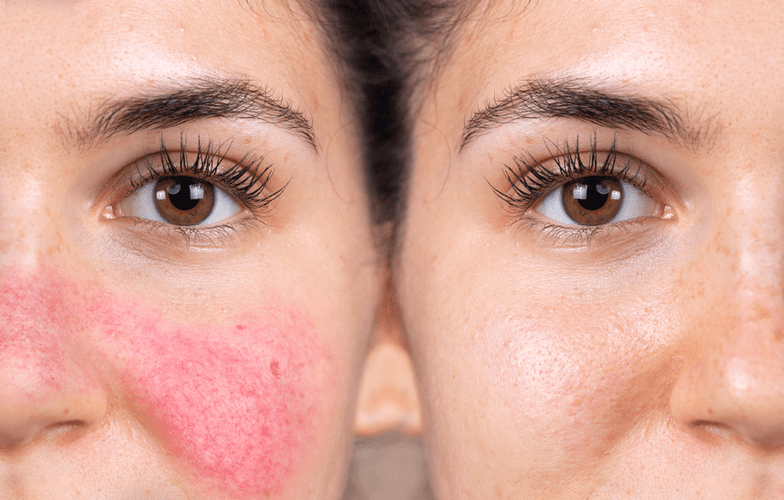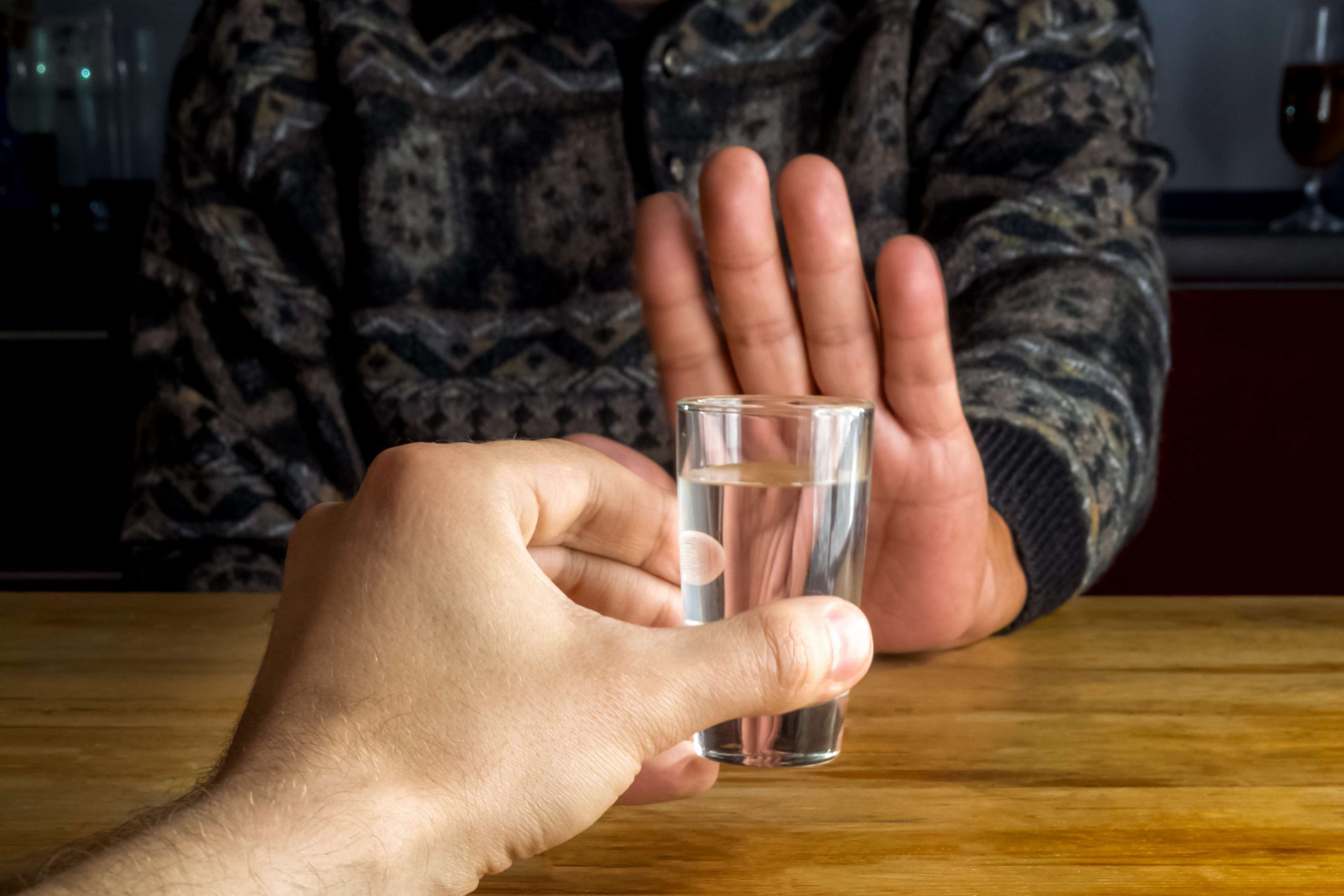What Is An Alcoholic Nose Or Rhinophyma? Symptoms, Causes, Treatment
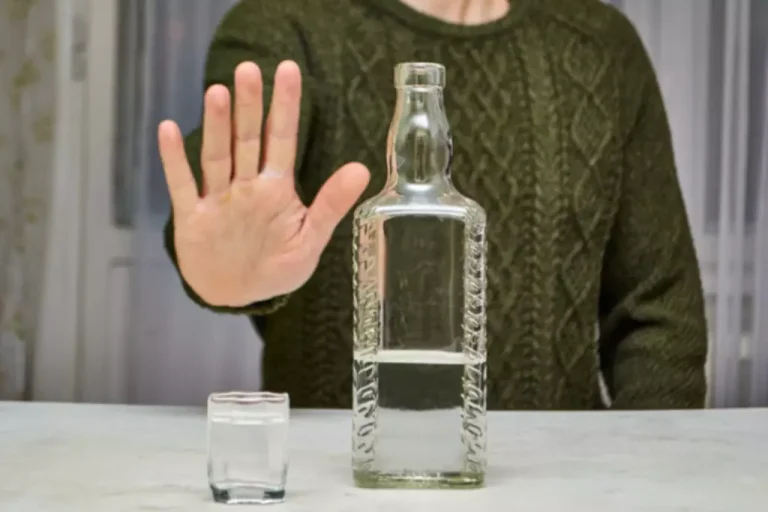
For the most effective results, talk to your dermatologist about laser treatment or sclerotherapy to get rid of the spider veins. For more information from our Registered Nurse co-author, like how to prevent spider veins, read on. While women can be diagnosed with the condition, it is found much more commonly in men. People with fair or light skin tone, or those with a family history of rosacea, are more likely to develop rhinophyma. Some of the many myths of an alcoholic nose include the belief that drinking too much can result in a swollen, bulbous nose. This is thanks to the same enlarged blood vessels that cause facial redness.
How Does Drinking Alcohol Affect Your Appearance?
These complications may increase the likelihood of experiencing nosebleeds. Additionally, heavy alcohol use can also dehydrate the body, including the nasal membranes, making them more fragile and prone to bleeding. If you’re at risk of getting rhinophyma, it’s important to watch for mild symptoms and receive treatment early before the disorder gets worse and you need surgery. “Rhinophyma” is the medical term for “drinker’s nose”, which is a side effect of the skin condition rosacea. Contrary to popular belief, a “drinker’s nose” is not necessarily caused by alcohol addiction or abuse. The medical term is rhinophyma, and there is actually no known link between alcohol and rhinophyma.
- Many doctors advise patients with rosacea to avoid drinking and cooking with alcohol, especially red wine for women, to avoid aggravating the skin condition.
- The medical term is rhinophyma, and there is actually no known link between alcohol and rhinophyma.
- Likewise, excessive alcohol consumption is a causal factor in many health issues – over 60, to be more accurate.
- For many who have rosacea, oral antibiotics can be prescribed by your doctor.
- Nevertheless, the idea of red-faced characters that you might expect to find in a Disney® movie’s tavern have also crossed over in a way to the real world.
What Is Alcoholic Nose or Rhinophyma—Is That More Than a Myth?
Some people can also experience small scatterings of red bumps that can be filled with pus and the skin could feel warm or mildly irritated. Case severity will depend on the individual and certain variables that exist in one’s life that have the potential to aggravate rhinophyma. Severe cases of rhinophyma can see an individual develop an extremely bulbous nose, so much that it appears to be quite disfigured. An alcoholic nose, also known as a drinker’s nose, is characterized by a red, bumpy, and swollen nose. Springbrook Psychiatric Hospital is a 66 bed inpatient mental health facility located in Hernando County. We offer 24-hour psychiatric services provided by licensed professionals in various disciplines.
Change Your Life Today!
- Most commonly, the symptoms will include redness, swelling and dilation of blood vessels in the affected areas, particularly the nose and cheeks.
- This stereotype can put some of those who experience rhinophyma in an embarrassing spot.
- Rhinophyma is the skin condition which causes a person’s nose to grow and become bulbous in appearance.
It’s a progressive condition that forms gradually over years and is thought to be the result of an untreated, less severe form of rosacea. While alcohol can stay in your system and cause damage, there is thought to be very little connection between alcohol use and this skin condition. For those suffering from rosacea, it’s normal to feel self-conscious when experiencing pimples or redness of the nose. For many who have rosacea, oral antibiotics can be prescribed by your doctor. Side effects of alcohol abuse may include heavy sedation which can lead to accidents, drownings, or falls.
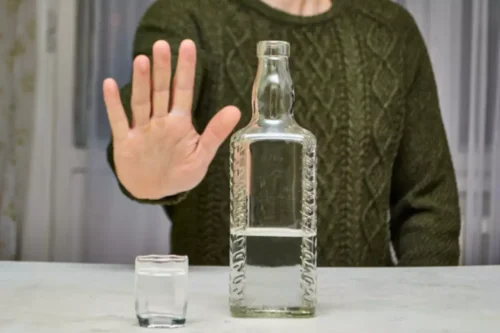
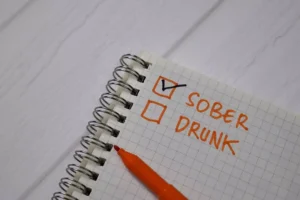
The treatment for alcoholic nose typically involves reducing or eliminating alcohol consumption. This may be difficult for individuals who are struggling with alcohol addiction, and professional help at an alcohol rehab may be necessary to achieve sobriety. While it’s true that alcohol use may trigger rosacea flare-ups, this does not mean that every person with rosacea will automatically develop rhinophyma.
Understanding Rosacea
Put simply, the body doesn’t handle the alcohol in the same way as drinkers without the mutation. The amount of alcoholic beverages you enjoy really doesn’t matter if you’re intolerant to alcohol, so that glass of wine could be enough to cause your face to flush. The result is telangiectasias, or permanent spider veins, in the face, neck, and chest.
Other Effects of Alcohol Abuse
We will also provide the answers to some frequently asked questions about alcoholics nose. In the early stages, rhinophyma shares symptoms with rosacea, such as facial flushing alcohol nose veins or redness. Once acne rosacea progresses to rhinophyma, the skin covering the nose increases in size and the tip of the nose expands. There are four subsets of rosacea, and rhinophyma is thought to be the most severe of them all.
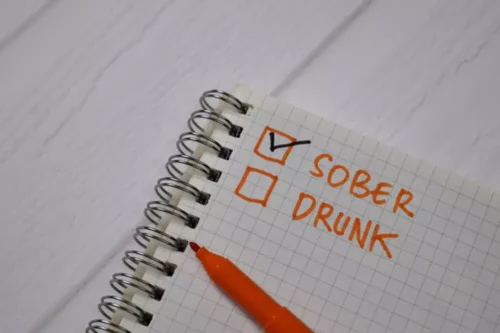
Your New Life Starts Here
Alcoholic nose, known by its clinical name, rhinophyma, is a condition that causes the nose to become bumpy, swollen, and red in appearance. Also referred to as “drinker’s nose,” this condition may be the result of rosacea as well as alcohol abuse. Most commonly, the symptoms will include redness, swelling and dilation of blood vessels in the affected areas, particularly the nose and cheeks. Spider veins, also Alcohol Use Disorder known as telangiectasia, near your nose, while usually harmless, can be a cosmetic concern. You can also try creams and supplements you can buy at drugstores or online.
Causes of an Alcoholics Nose
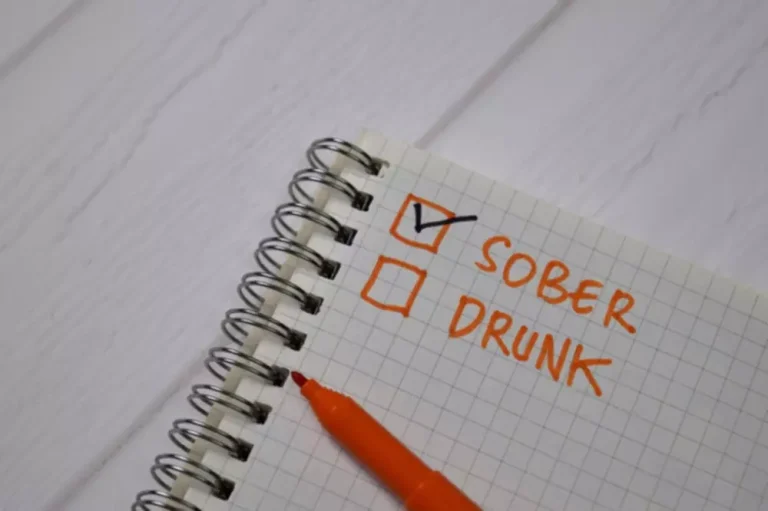
However, alcohol may still play a very small role in increasing the risk of developing this condition. Alcoholic nose is a slang term used to describe the red, swollen nose that is thought by some to accompany chronic alcohol use. While this stereotype does have some element of truth to it, there is some debate on how much alcohol actually affects the appearance of your nose. Your doctor will treat early rhinophyma with oral medications, such as antibiotics or isotretinoin. If these medications don’t work, a plastic surgeon can use different surgery techniques to change the shape of your nose and improve your breathing. Drinking alcohol has been debunked by research as a direct link to this condition.

